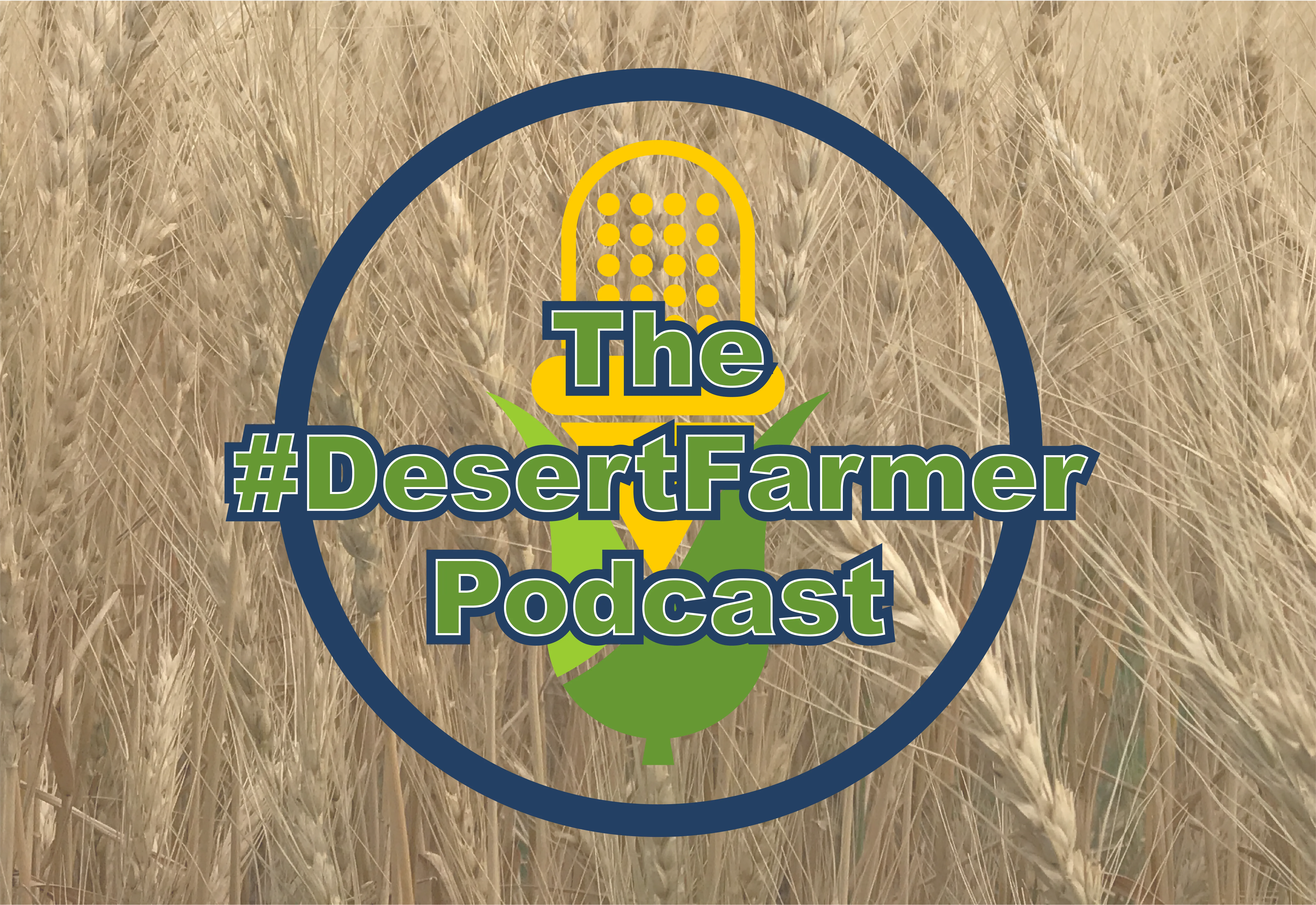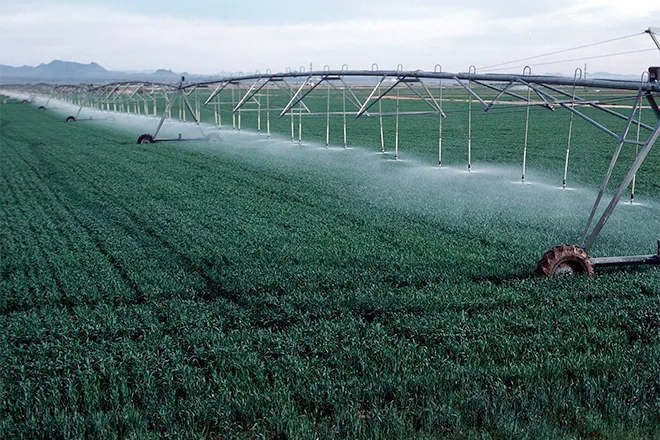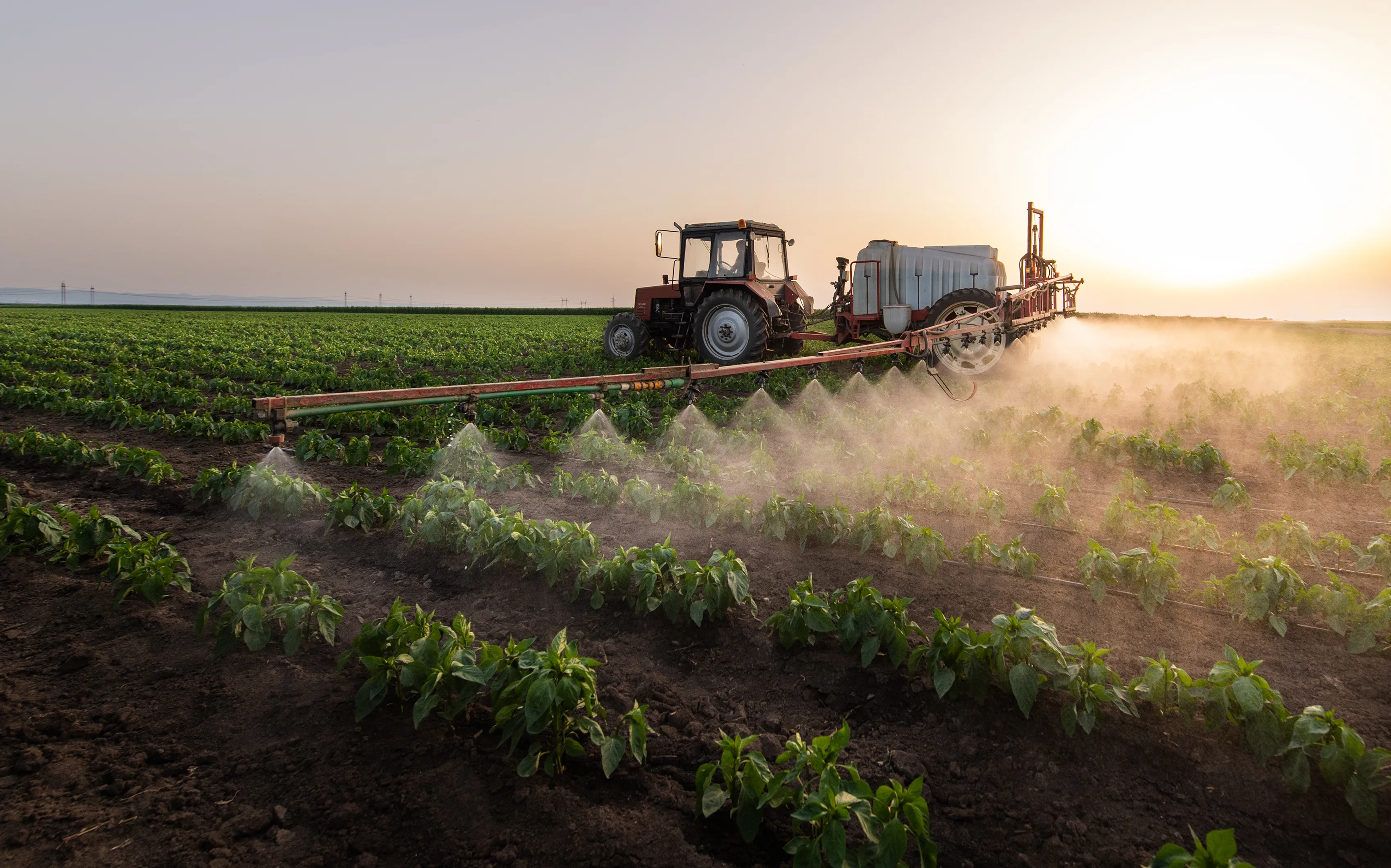
Tax Reform Information for Farmers
From the Extension Agent's Desk
I just wanted to pass along some information concerning the new tax bill and how it affects farmers. The following information came from our Ag Business Management Specialist Jeff Tranel. Hopefully you find it useful. There are, of course, still a lot of questions.
All~
The new tax reform act contains some interesting features. The National Farm Income Tax Task Force (of which I am a member) has been sharing information about the signed legislation as it pertains to agriculture.
Many ag related publications have had articles about the “adjustment of taxable income for sales of commodities to cooperatives”. The 20% adjustment would definitely benefit farmers and ranchers if they are able to sell to a cooperative. It could also impact prices. However, like many part of the Internal Revenue Code, the devil is in the details. The following will hopefully give you a taste of how complicated the computations are for producers.
- “Qualified business income” (QBI) must be computed. This includes income from some sources but not from all sources and is slightly different that QBI in other parts of the Internal Revenue Code.
- The deduction for QBI is calculated by first determining “combined qualified business income. This is the lessor of 20% of the taxpayer’s QBI or the larger of 50% of W-2 wages for the trade or business or the sum of 25% of W-2 wages plus 2.5% of the unadjusted basis immediately after acquisition of all qualified property.
- There is a “wage limitation” for the taxpayer.
- Once “combined QBI” has been determined, there is a second limitation for taxable income.
The signed legislation also includes a deduction for qualified cooperative dividends. While the calculation for this deduction is more streamlined that those calculations for “sales to cooperatives”, it is not straight forward.
Finally, there is “rumor on the street” that Congress is interested in “fixing” this issue. Senator Thune (South Dakota) has publicly said there was no intent to ‘unfairly tip the scales in favor of marketing to one type of business entity or another’. Further, Thune told reporters ‘right now in terms of the technical fixes, this is the one that probably needs to get fixed the most’.
My thoughts are this: We need to wait for the fixes to occur and for the IRS to interpret the law and provide guidance. A farmer/rancher selling to a coop should remember that the law will change and that he/she should stay in contact with his/her own tax preparer. Finally, (as we always say), a business owners should make MANAGEMENT DECISIONS WHICH ALLOW FOR THE MOST PROFIT - NOT THOSE THAT SIMPLY REDUCE TAX LIABILITIES!
Thanks.
Jeff


















